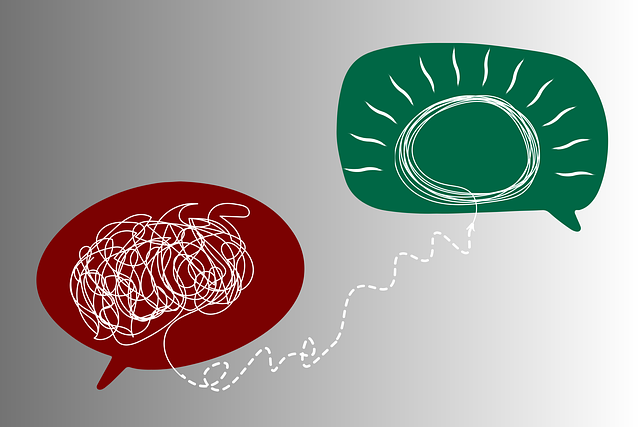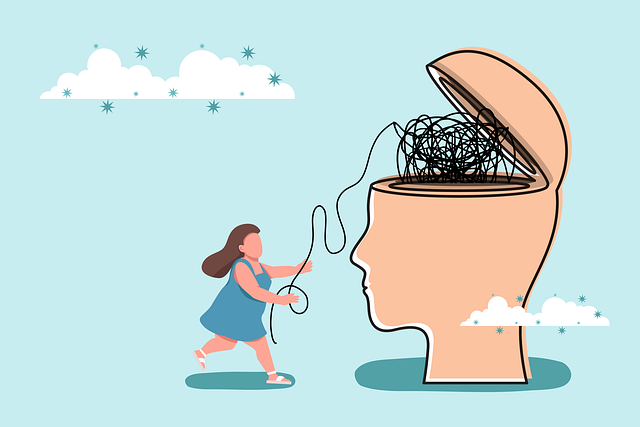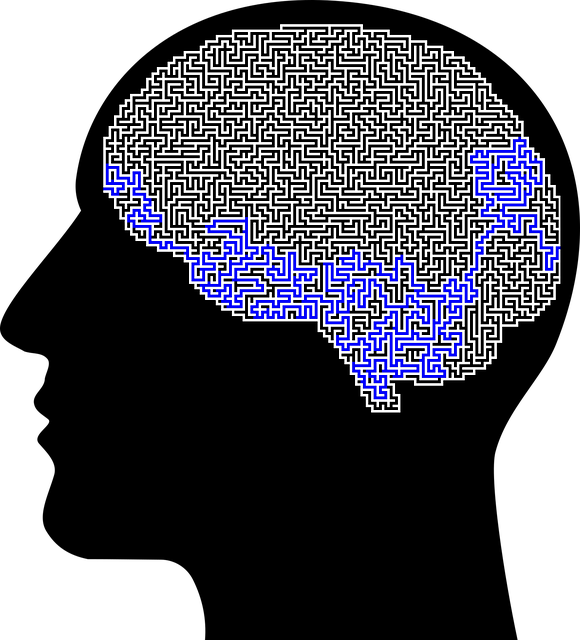Highlands Ranch offers robust support for emotional well-being through accessible anger management therapy and trauma services, empowering residents with effective coping skills. By identifying triggers, understanding resilience, and employing techniques like mindfulness and cognitive restructuring, individuals can reduce mental illness stigma and enhance self-awareness. This holistic approach, including cultural sensitivity, promotes open discussions on trauma recovery and emotional health, significantly improving the quality of life for all residents. Highlands Ranch Anger Management Therapy plays a pivotal role in equipping individuals with practical tools for stress management, anger control, and overall mental wellness.
In today’s fast-paced world, effective coping skills are essential for navigating life’s challenges. The article delves into the critical role of coping mechanisms in mental well-being, focusing on techniques valuable for everyone, especially those seeking Highlands Ranch Anger Management Therapy. We explore understanding coping skills, identifying triggers, transforming negative thoughts through cognitive restructuring, and regulating emotions. Additionally, we present practical strategies for daily stress management and anger control, offering tools to foster resilience and enhance overall mental health.
- Understanding Coping Skills and Their Significance
- Identifying Triggers: A Key Step in Highlands Ranch Anger Management Therapy
- Cognitive Restructuring: Transforming Negative Thoughts
- Emotion Regulation Techniques for Effective Coping
- Practical Strategies for Daily Stress Management and Anger Control
Understanding Coping Skills and Their Significance

Coping skills are essential tools that enable individuals to navigate life’s challenges and maintain emotional well-being. Understanding these skills is crucial, especially in communities like Highlands Ranch where access to comprehensive anger management therapy and trauma support services is readily available. The ability to cope effectively with stress, anger, or traumatic experiences can significantly impact one’s overall mental health and happiness.
Developing robust coping mechanisms helps individuals manage their emotions, make sense of difficult situations, and adapt to change. It involves recognizing triggers, understanding personal resilience, and employing healthy strategies like mindfulness, relaxation techniques, and problem-solving. By mastering these skills, folks in Highlands Ranch can reduce the impact of mental illness stigma and foster a more supportive environment for open discussions around emotional well-being, stress management, and trauma recovery.
Identifying Triggers: A Key Step in Highlands Ranch Anger Management Therapy

Identifying triggers is a fundamental step in Highlands Ranch Anger Management Therapy. It’s akin to unearthing the roots of a problem; understanding what sets off intense anger helps individuals gain control and manage their emotions more effectively. Therapists guide clients through this process, encouraging them to explore past experiences, current stressors, and environmental cues that trigger angry responses. By recognizing these triggers, individuals can begin to understand their emotional patterns and develop healthier coping mechanisms.
This proactive approach is crucial in reducing the impact of mental illness stigma associated with anger management issues. Through journaling exercises and other mental wellness practices, clients learn to track their emotions, identify recurring triggers, and implement burnout prevention strategies. This not only enhances self-awareness but also fosters a sense of agency, empowering individuals to lead more fulfilling lives free from the constraints of uncontrolled anger.
Cognitive Restructuring: Transforming Negative Thoughts

Cognitive restructuring is a powerful tool in coping skills development, especially for those seeking Highlands Ranch Anger Management Therapy. This process involves identifying and challenging negative thought patterns that contribute to anger or other intense emotions. By examining and transforming these thoughts, individuals can gain a more balanced perspective. For instance, instead of thinking “I always lose control,” someone might reframe it as “In the past, I’ve struggled with control issues, but I’m learning strategies to manage my anger.” This simple shift acknowledges the past while emphasizing personal growth and resilience.
This technique empowers individuals to create a more positive and realistic mental landscape. It’s not about denying emotions but rather understanding them without being consumed by them. As part of the Mental Wellness Podcast Series Production, discussing cognitive restructuring can help reduce the stigma associated with mental illness while promoting open conversations around coping mechanisms. By integrating these strategies into their lives, people can enhance their overall mental wellness.
Emotion Regulation Techniques for Effective Coping

Emotion regulation techniques are pivotal tools in developing effective coping skills. One of the most impactful approaches is mindfulness, which involves focusing on the present moment and acknowledging emotions without judgment. This practice enables individuals to understand their triggers and respond rather than react impulsively, especially in situations like Highlands Ranch Anger Management Therapy settings. By fostering mental clarity, mindfulness helps reduce intense anger or frustration, promoting healthier coping mechanisms.
Additionally, cultural sensitivity in mental healthcare practice plays a crucial role. Recognizing that emotions manifest differently across cultures empowers therapists to tailor their techniques accordingly. This personalized approach ensures that community outreach program implementations targeting mental wellness resonate with diverse populations. Through culturally sensitive practices, individuals from various backgrounds can learn and apply emotion regulation strategies effectively, enhancing their overall coping abilities.
Practical Strategies for Daily Stress Management and Anger Control

In the quest for a balanced and fulfilling life, practical strategies for daily stress management and anger control are essential tools. For those seeking comprehensive solutions in Highlands Ranch Anger Management Therapy, integrating mental health education programs design into one’s routine can be transformative. These programs, carefully curated to enhance mental wellness coaching, offer tailored techniques to navigate life’s challenges. By participating in such initiatives, individuals gain valuable insights and skills to manage stress effectively, fostering an environment of calm and composure.
Through Mental Wellness Coaching Programs Development, participants learn to recognize and address triggers that contribute to anger. This process involves mindfulness exercises, cognitive reframing, and relaxation techniques, all designed to promote emotional regulation. By adopting these strategies into daily life, individuals can better cope with demanding situations, leading to improved relationships and overall well-being.
Coping skills development is a transformative process, especially through evidence-based approaches like Highlands Ranch Anger Management Therapy. By understanding triggers, implementing cognitive restructuring, and adopting emotion regulation techniques, individuals can effectively manage stress and anger. The practical strategies outlined in this article provide a robust framework for daily application, empowering folks to navigate life’s challenges with resilience and composure. Incorporating these skills not only enhances overall well-being but also serves as a powerful tool for personal growth and improved relationships.














